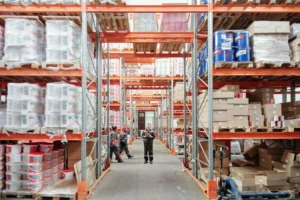In today’s fast-paced business environment, supply chain efficiency is critical. One of the most effective ways to enhance this efficiency is through data analytics. By leveraging data-driven insights, businesses can optimize their logistics operations, reduce costs, and improve overall performance. This article explores how data analytics transforms transportation efficiency in the supply chain, highlighting key strategies and benefits.
The Role of Data Analytics in Supply Chain Optimization
Data analytics involves the process of collecting, processing, and analyzing large volumes of data to extract meaningful insights. In the context of supply chain management, data analytics can provide valuable information on various aspects of logistics operations, including transportation, inventory management, and demand forecasting.

- Improved Route Optimization
- One of the primary benefits of data analytics is improved route optimization. By analyzing historical data and real-time information, businesses can identify the most efficient routes for their deliveries. This reduces travel time, minimizes fuel consumption, and lowers transportation costs.
- Enhanced Inventory Management
- Data analytics enables businesses to monitor inventory levels more accurately. This helps in maintaining optimal stock levels, reducing excess inventory, and avoiding stockouts. Better inventory management leads to smoother logistics operations and ensures that products are available when needed.
- Predictive Maintenance
- Predictive maintenance is another area where data analytics plays a crucial role. By analyzing data from transportation assets, businesses can predict potential failures and schedule maintenance activities proactively. This minimizes downtime, extends the lifespan of assets, and ensures reliable transportation.
- Demand Forecasting
- Accurate demand forecasting is essential for efficient supply chain management. Data analytics helps businesses forecast demand more accurately by analyzing historical sales data, market trends, and other relevant factors. This ensures that transportation resources are allocated effectively to meet customer demand.

Key Benefits of Data-Driven Transportation Optimization
- Cost Reduction
- By identifying inefficiencies and optimizing logistics operations, data analytics helps businesses reduce transportation costs. This includes savings on fuel, labor, and vehicle maintenance.
- Improved Customer Satisfaction
- Efficient transportation leads to timely deliveries, which enhances customer satisfaction. Data analytics enables businesses to meet delivery deadlines consistently, resulting in happier customers and improved brand reputation.
- Enhanced Decision-Making
- Data-driven insights provide businesses with the information they need to make informed decisions. This includes decisions related to route planning, inventory management, and resource allocation.
- Increased Efficiency
- Overall, data analytics streamlines logistics operations, making them more efficient. This includes reducing lead times, minimizing delays, and improving the overall flow of goods within the supply chain.
Implementing Data Analytics in Transportation
- Data Collection
- The first step in leveraging data analytics is collecting relevant data. This includes data from GPS tracking systems, transportation management systems (TMS), and other sources.
- Data Processing and Analysis
- Once data is collected, it needs to be processed and analyzed. This involves using advanced analytics tools and techniques to extract meaningful insights.
- Integration with Existing Systems
- For data analytics to be effective, it needs to be integrated with existing logistics systems. This ensures that insights can be acted upon in real-time, leading to better decision-making and improved efficiency.
- Continuous Improvement
- Data analytics is not a one-time process. It requires continuous monitoring and improvement to ensure that logistics operations remain efficient and cost-effective.

Conclusion
In conclusion, data analytics is a powerful tool for transforming transportation efficiency in the supply chain. By leveraging data-driven insights, businesses can optimize their logistics operations, reduce costs, and improve overall performance. From route optimization to predictive maintenance and demand forecasting, data analytics offers numerous benefits that enhance supply chain management. Implementing data analytics involves collecting relevant data, processing and analyzing it, integrating insights with existing systems, and continuously monitoring and improving logistics operations. By embracing data analytics, businesses can stay competitive in today’s dynamic market and deliver superior value to their customers.







